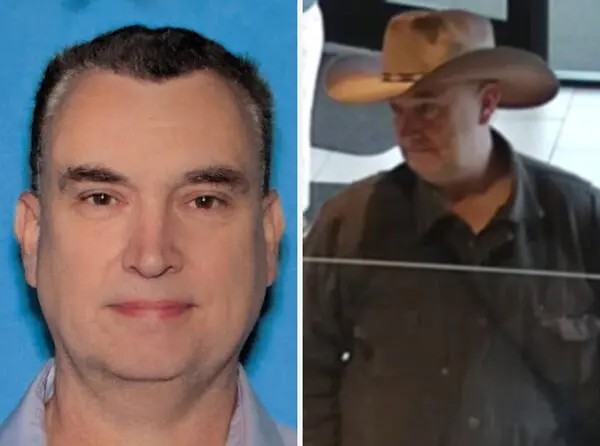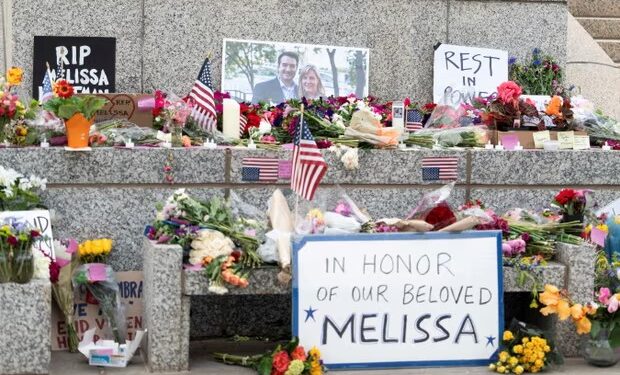Two Democratic lawmakers and their spouses were gunned down in a pair of targeted home invasions near Minneapolis this weekend, in what authorities now describe as a politically motivated act of domestic terrorism. The suspect, 57-year-old Vance Luther Boelter, is in custody following a brief standoff, ending a multi-state manhunt that gripped the region and shocked national leaders.
The attacks occurred in the early morning hours of Saturday, 14 June. In Champlin, Minnesota, State Senator John Hoffman and his wife Yvette were seriously wounded by multiple gunshots but survived. Barely an hour later, Minnesota House Speaker Melissa Hortman and her husband Mark were fatally shot in their Brooklyn Park home. Both scenes bore signs of meticulous planning and impersonation: the suspect wore a police-style uniform, a latex face mask, and used a vehicle rigged with emergency lights and decals, falsely suggesting he was a law enforcement officer.

Authorities identified the attacker as Boelter, a local man with no legitimate ties to policing or the military, despite past claims to the contrary. He had previously worked in food service and ran a fringe evangelical ministry. Boelter also styled himself as a private security operator, though records show no accredited licences or relevant experience. In recent years, he has become known for espousing extreme anti-abortion views, conspiracy theories, and anti-Democratic rhetoric online.
Inside Boelter’s vehicle, police recovered a handwritten manifesto and a target list that included over 70 individuals and institutions. Among the named were Minnesota Governor Tim Walz, Senator Amy Klobuchar, Representative Ilhan Omar, and several clinics affiliated with Planned Parenthood. Prosecutors and FBI officials now believe the attack was the culmination of a long-planned ideological crusade. Boelter’s writings show a blend of anti-government fervour, religious extremism, and anti-abortion ideology.
The events sent shockwaves through the state and prompted an immediate response from leaders across the political spectrum. Governor Walz called the shootings “an unambiguous assault on democracy”, while Klobuchar referred to them as “an act of terror against our shared civic life.” Flags were lowered across Minnesota, and heightened security was deployed at other officials’ residences.
Boelter’s case follows a worrying trend of rising political violence in the United States, especially targeted against elected officials. While security services have long monitored threats from foreign or organised groups, there is growing concern about lone actors radicalised through fringe media and online platforms. Experts note a sharp increase in threats against state and local officials, with rhetoric escalating during periods of heightened national tension.
The killings come as the United States enters a volatile election season, and Minnesota, often a battleground for contentious policy debates, is again in the spotlight. The state legislature is now pressing for enhanced protective measures for lawmakers, and federal agencies are expected to investigate the broader network and communications behind Boelter’s radicalisation.
Boelter remains in custody awaiting formal charges, which are expected to include multiple counts of first-degree murder, attempted murder, impersonating a police officer, and acts of domestic terrorism. Authorities are also probing whether others may have aided or known of his plans in advance.
In the aftermath, vigils were held across Minneapolis and St Paul, with citizens mourning not only the lives lost, but the growing sense that political difference now carries mortal risk. Many called for renewed dialogue, respect for democratic processes, and stronger safeguards against extremist violence.
This latest tragedy has reignited a national conversation about polarisation, security, and the price of unchecked hate. The implications are chilling and enduring.
newshub finance



Recent Comments